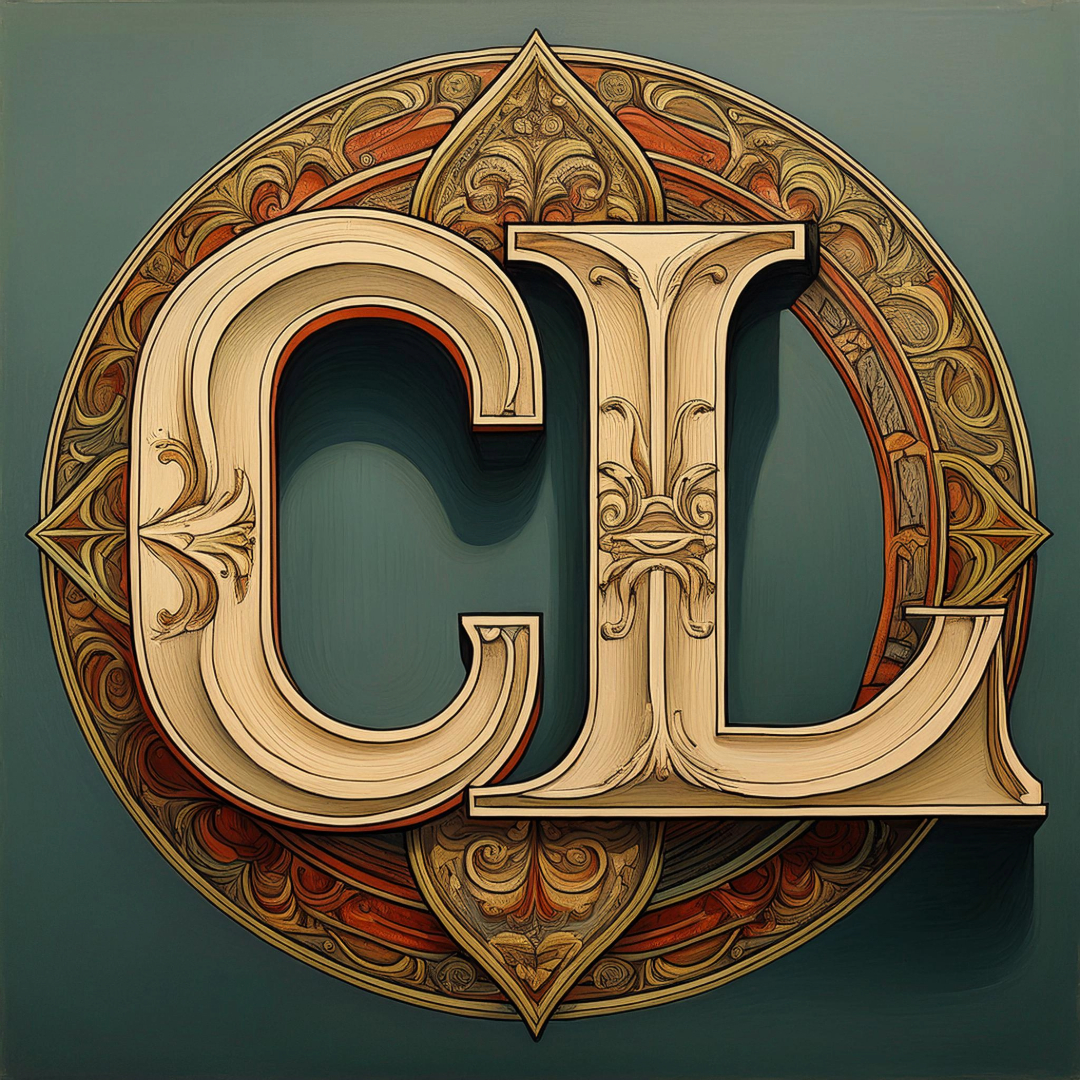By C.L. Harmon
While stopped at a stoplight recently, I noticed the vehicle in front of me had two decals on the back glass. They had been placed there with care to produce the most visible angle for the world to see the owner’s views. The first was one in support of Bernie Sanders for president. The other was 4ocean, an organization that promotes clean oceans around the world. And though I care nothing for this person’s political views, I certainly support everyone’s right to promote their views in a safe and legal manner. I did, however, respect this person’s views on protecting our natural resources. That opinion lasted all of 10 seconds. That was the span of time between first seeing the decal and the cigarette butt which this person then nonchalantly flipped out the window.
So, it’s okay to support the clean-up efforts of one aspect of our world while trashing up another? Perhaps this young lady of 20 something (I eventually passed her because my curiosity got the better of me) assumes her future grandchildren will pick it up when 4ocean expands to 4land and sea or something else clever. Where does such a breakdown in common sense come from? How does one not understand that the very mentality which polluted the oceans is the very same one that throws a butt out of the window? I can’t help but wonder if this young lady even grasps the concept of what it means to save the environment. Perhaps, she just thinks it’s cool to be a young hip democrat who belongs to something of which so many others are members.
Whatever her motive, I feel her comprehension of what it
means to truly sacrifice for the good of a cause is lost on her and many other
young people today. Promoting yourself as part of an organization and buying some
trinket or subscription in support of that organization is not sacrifice. In
fact, It’s barely even commitment. Sacrifice means change. It means effort. It
means the giving up of something. Commitment means the willingness to do all
these things followed by the actions to make sacrifices. Picking up trash in
your front yard and dumping it in the back yard is not progress. All this
accomplishes is making the neighbors in front of your house like you better
than the ones behind the house.
I certainly do not wish to single this young woman out, but
I believe her actions are indicative of what we see everywhere in the US today
by so many young and old alike, democrats and republicans and across every
race. If you choose to support a cause, then support it whole-heartedly. If you
believe in something, then work for it and not at it. If you want to change
what is wrong, then do what is right…even when it costs you. If you want to
solve problems, then be willing to meet everyone at the table of compromise.
And if you want to impress your neighbors, take your trash to the garbage
can…even those living behind you will like you.




